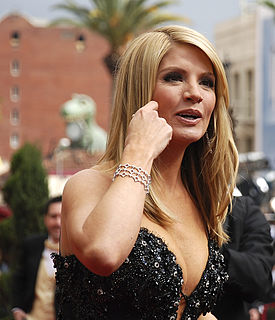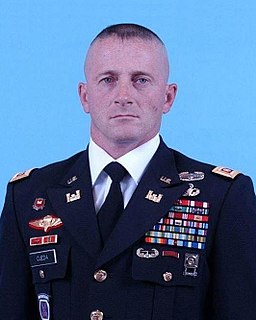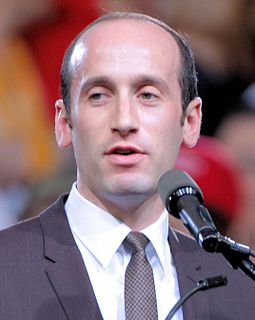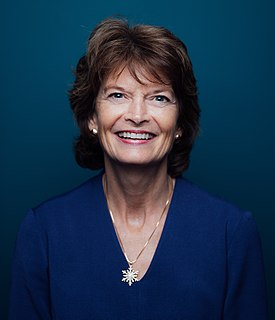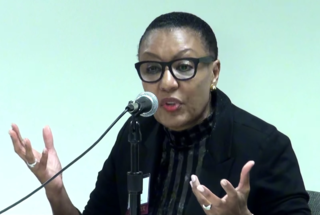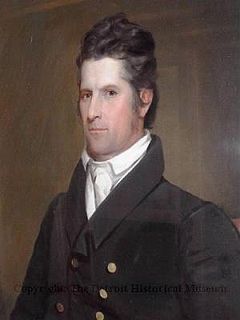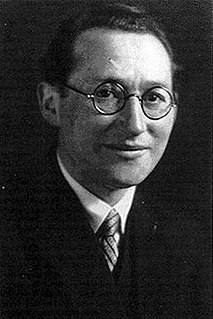A Quote by Amy Klobuchar
We had a few tragic accidents in our state, as they've had in every state, from train crashes on down. And really, no text is worth dying for; that is our message to young people. And this is such a new phenomenon when you look at the number of texts and how they've increased exponentially in just the last few years.
Related Quotes
I have had a few rough patches in my life, but these last few years have been among the roughest. A few years ago, I left my job as host of the television show Extra. Our parting of ways was completely amicable; they were amazing to me. I had spent over a quarter of my life at that job, and without it, I felt like I had lost my compass. People didn't know how to introduce me anymore, because in L.A., you are your job.
And I just think that we're at a point in our economic life here in our state - and - and, candidly, across the country, where increased taxes is just the wrong way to go. The people of our state are not convinced that state government, county government, local government has done all they can with the money we already give them, rather than the money that we have...
We're not really a state. We're a colony. Everything we've ever had - timber, coal - it's all been extracted out of our state. Our people have been here and have worked in those industries, and they remained poor, but the people outside of our state that are the ones that come and get the timber, get the coal, have become billionaires.
My concerns through the years increased about the concerns of an independent judiciary and how we maintain it. Certainly in the states. I'm a product of state government in my own state of Arizona. And it seemed to me that the popular election of judges was creating major problems in many states, and we had improved the system in Arizona. And I thought the nation ought to at least rethink how we select our nation's trial judges in the states.
I had very supportive parents that made the way for me, even at a time when there were very few women - no women, really; maybe two or three women - and very few, fewer than that, African-American women heading in this direction, so there were very few people to look up to. You just had to have faith.
If human nature does alter it will be because individuals manage to look at themselves in a new way. Here and there people - a very few people, but a few novelists are among them - are trying to do this. Every institution and vested interest in against such a search: organized religion, the state, the family in its economic aspect, have nothing to gain, and it is only when outward prohibitions weaken that it can proceed: history conditions it to that extent.
People say to us, look, it may well be the case that there are fewer wars and fewer genocides, but surely more people are being killed. But when we look at this, the number of people killed in wars involving a state every year, all the wars, and you can see there's a high point, that's the Korean war, and it keeps on going down and down and down. If you look at the average number of people killed per conflict per year, it goes from 37-thousand in 1950 to just 600 in 2002.
I really feel concerned about young people within our present culture. Our present culture, we have to change. Change is inevitable and I wasn't raised in our present culture but it has great pressure that as a young person I never had. Material pressure, social pressure, visual pressure, how you look, and I just try to appeal to young people to think for themselves, to be their own person, and to ask questions and also be very attentive to our planet and our environment.
The history of acceptance of new theories frequently shows the following steps: At first the new idea is treated as pure nonsense, not worth looking at. Then comes a time when a multitude of contradictory objections are raised, such as: the new theory is too fancy, or merely a new terminology; it is not fruitful, or simply wrong. Finally a state is reached when everyone seems to claim that he had always followed this theory. This usually marks the last state before general acceptance.

